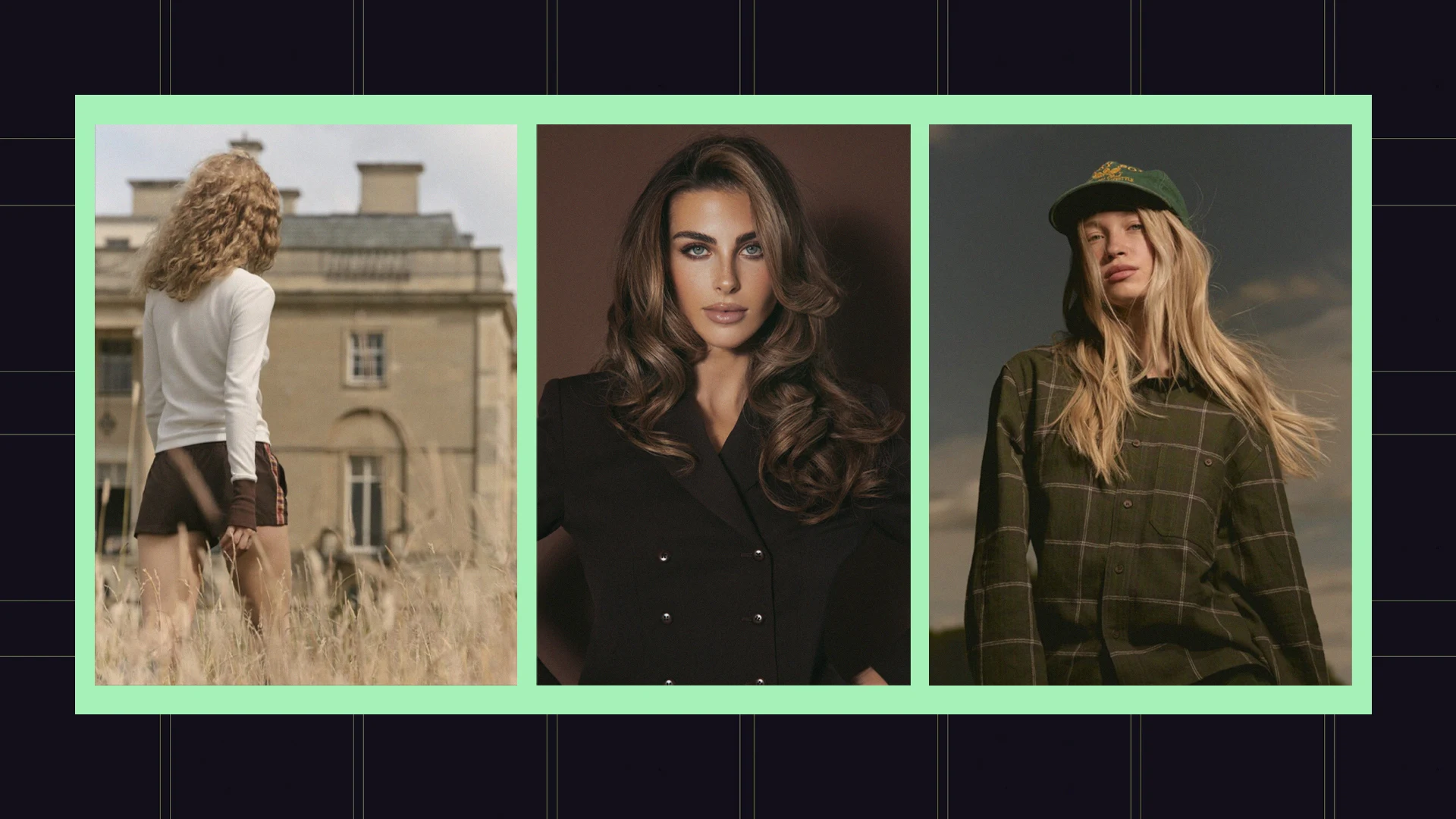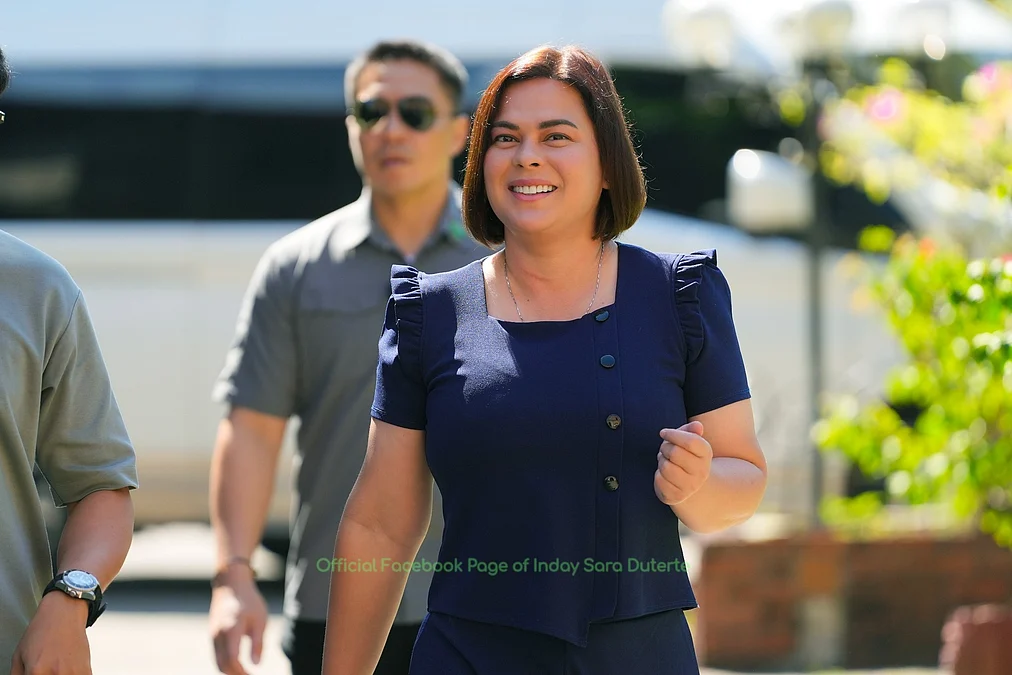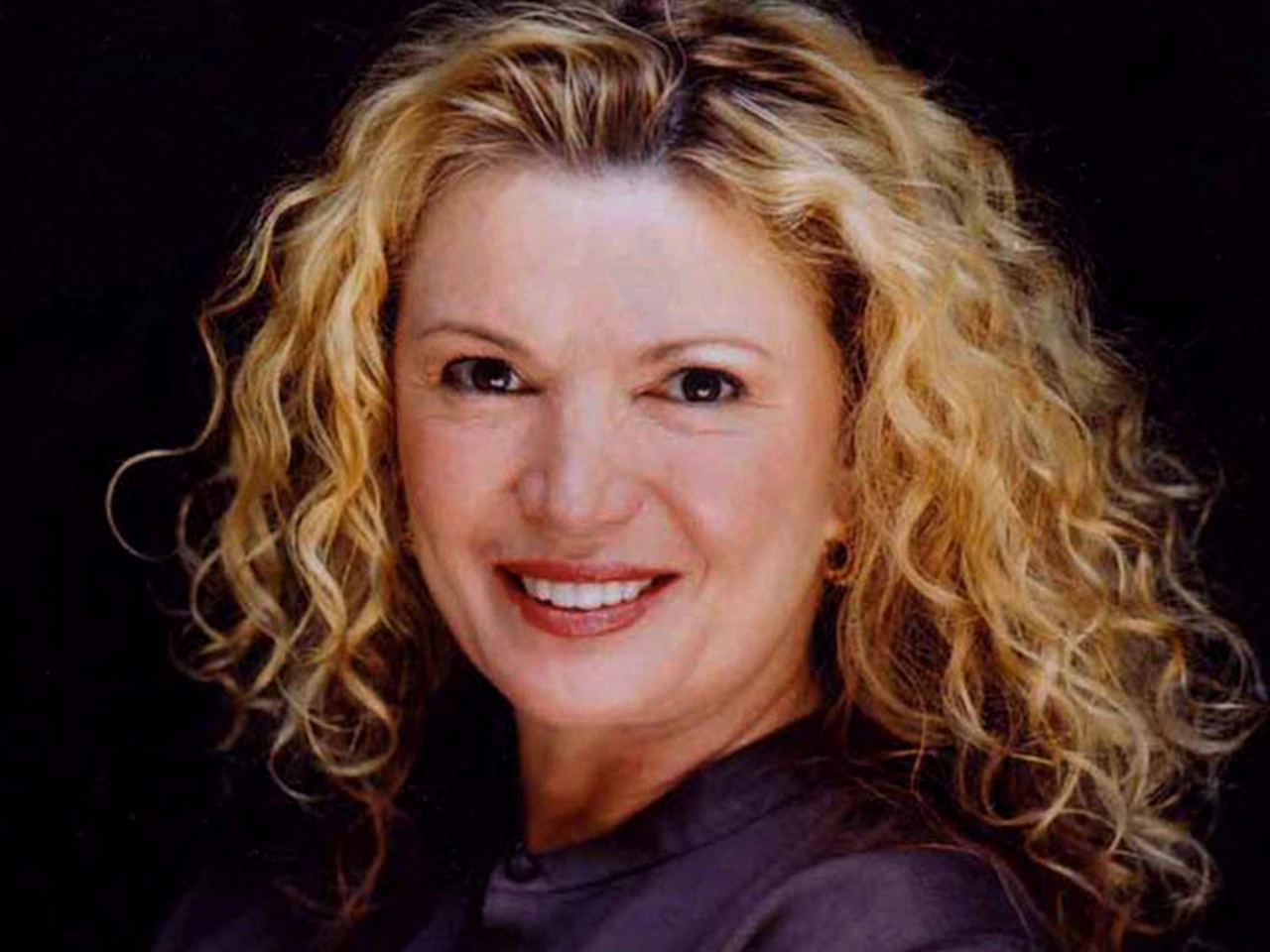
While studying design at the New School, Paige Lorenze already had her sights set on entrepreneurship. That’s why, before she even launched her brand Dairy Boy, she set about building an audience.
Lorenze—who was working for small, New York City-based clothing brands—saw firsthand the impact she could make with about 5,000 Instagram followers by creating content for the brands’ social media pages. It’s simple, she says: “Eyes equal people you can sell to.”
By sharing snippets of her life on Instagram, YouTube, and, later, TikTok, Lorenze built her following into the hundreds of thousands. Then, in July 2021, she used the money she had saved by working throughout college to produce a small run of hats that said “Dairy Girl Summer”—a nod to her preference for cow’s milk over the nondairy alternatives many influencers and Manhattanites pay up for.
They sold out, and Lorenze seized that moment by dropping several more dairy-themed hats, T-shirts, and hoodies and launching a clothing brand, Dairy Boy, inspired by the sentiment in August 2022. The founder says she didn’t have investors, industry connections, or even a business plan: “I just believed in myself, and I knew that I would figure it out.“
Featured Video
An Inc.com Featured Presentation
That fall, Lorenze moved from New York City to Connecticut to get back to her New England roots. It was good timing: Just as Lorenze and Dairy Boy’s social media feeds began to reflect her newly reclaimed lifestyle of riding horses, skiing, and cooking homemade meals, that aesthetic was exploding in popularity, thanks to TikTok.
Authenticity is an important ingredient for influencer-founded brands. By leaning into her lazy on-screen persona, former Summer House star Paige DeSorbo’s recently launched sleepwear brand Daphne sold out its first line of products within days. In founding Dairy Boy, Lorenze says, “I wasn’t like Paige Lorenze, the city girl who slapped a horse on a shirt.” Growing up between Connecticut and Vermont, the New England aesthetic had always been a part of her life.
Lorenze says Dairy Boy grew 10-fold during that time, as did her own audience—she now has more than two million followers across platforms. People were attracted to her authentic representation of the cottagecore trend, she adds, and by continuing to release sweaters, pajamas, coats, jeans, and tote bags priced from $25 to $185 through monthly limited-inventory drops, Dairy Boy provided them with an accessible way to buy into it. The brand now draws about 200,000 visitors to its website each drop day, per Lorenze.
“I’m able to sustain that, even though the drop model shopping experience is sometimes cutthroat,” she says, because “I never feel smarter than my customer. I’m having a conversation with them, being like, ‘This is the situation. I don’t want it to be this way. I’m doing everything I can to make this more pleasant for you.’”
Dairy Boy doesn’t sell its products only online. For the past three years, the brand has brought Lorenze’s prized aesthetic directly to customers through New York City pop-up events. This year, Dairy Boy transformed a SoHo storefront into an immersive New England barn experience complete with a giant milk jug statue and an ice cream truck. The event attracted a line of shoppers that stretched two city blocks and sold nearly 9,500 units of product, according to The Business of Fashion.
At first, Dairy Boy had just three employees: Lorenze, her mom, and her high school best friend. Today, it has 15 staff members and just six months ago added a CEO and a chief business officer, which Lorenze says, “made a huge difference.” According to a spokesperson, Dairy Boy’s revenue grew by 160 percent from 2024 to 2025, which the founder attributes to being able to purchase more inventory, and thus fulfilling more orders. Earlier this month, the brand launched its first permanent clothing collection, which features classic pieces like barn jackets, knitted sweaters, and flannel-patterned dresses with a Gen-Z twist.
Lorenze says that while she doesn’t know where Dairy Boy is going to be in three years, she does know that she doesn’t want to lose the connection she has built with her customers. For this very reason, she has resisted taking on investors and growing her team too fast: “There are missteps you can take that break that trust, and it can just never come back.”



